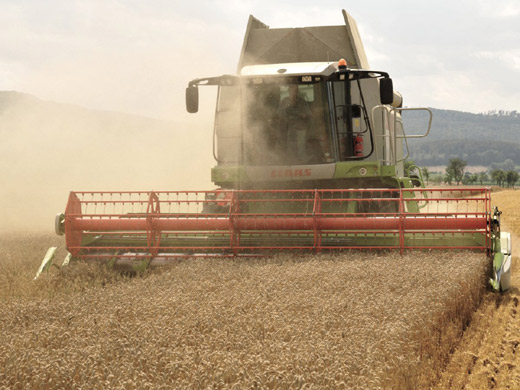當(dāng)前位置: Language Tips> 雙語新聞
The origins of 13 everyday sayings non-English speakers don't understand
分享到

If you're "separating the wheat from the chaff," you're distinguishing between quality and worthlessness. The phrase actually comes from the Bible.
如果你在“把糠從小麥里篩出來”(separating the wheat from the chaff),那么你就在甄別精華和糟粕。這個習(xí)語其實來源于《圣經(jīng)》。
Chaff is the protective casings of the seeds of cereal grain. Humans can't eat it, but livestock can. It's not as important as, say, wheat.
糠是保護(hù)谷物種子的外殼,人不能吃,但牲畜可以。它只是沒有小麥等谷物那么重要而已。
In Matthew 3:12, John the Baptist says, "His winnowing fork is in his hand, and he will clear his threshing floor, gathering his wheat into the barn and burning up the chaff with unquenchable fire."
在《馬太福音》第三章第12節(jié)中,施洗約翰說道:“他手里拿著簸箕,要揚(yáng)凈麥場,把麥子收進(jìn)倉里,卻用不滅的火將糠秕燒盡。”
In the Old Testament the image of winnowing is also used in Psalm 1:4 :"…the wicked! They are like chaff that the wind blows away."
揚(yáng)谷的畫面也出現(xiàn)在《舊約》里《詩篇》的第一章第四節(jié):“…惡人!他們就像糠秕被風(fēng)吹散。”
上一篇 : 俄咖啡館把奧巴馬印在廁紙上
下一篇 : 娶個聰明老婆防癡呆
分享到
關(guān)注和訂閱


翻譯
關(guān)于我們 | 聯(lián)系方式 | 招聘信息
電話:8610-84883645
傳真:8610-84883500
Email: languagetips@chinadaily.com.cn